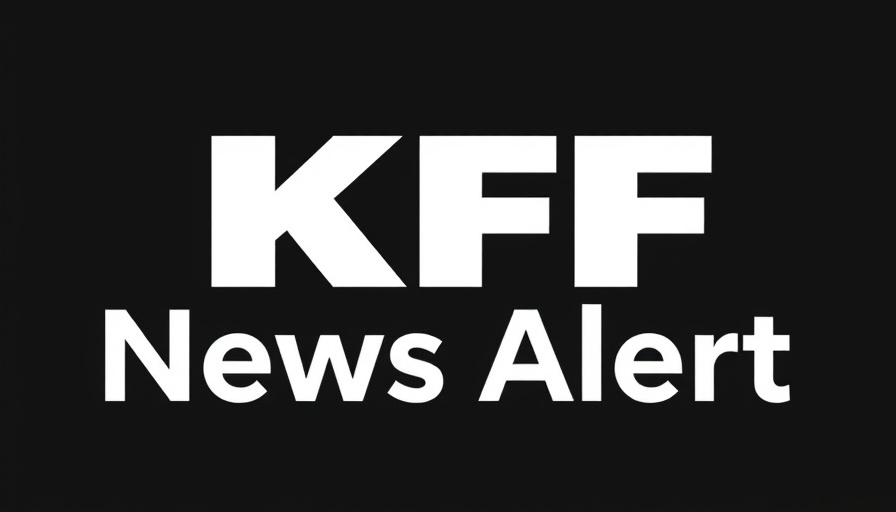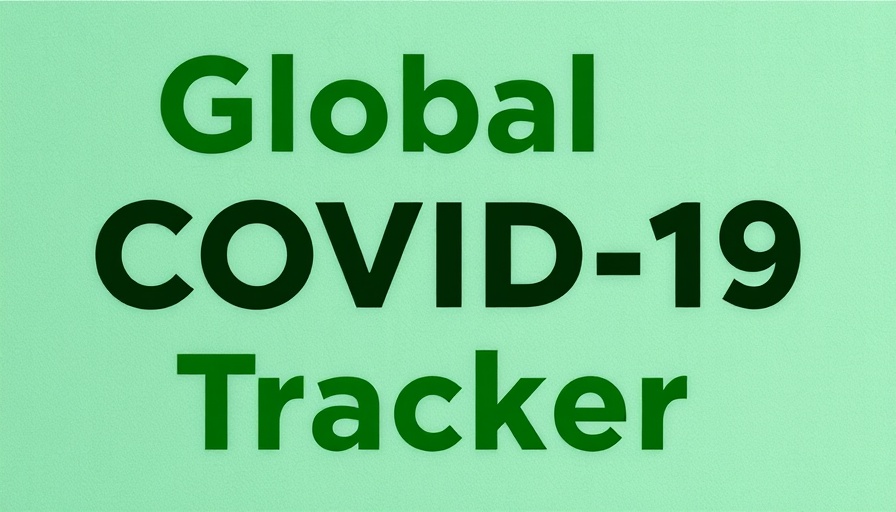
Strong Support for Medicaid: A Lifeline for Many
As discussions swirl around potential changes to the Medicaid program, the latest KFF Health Tracking Poll indicates a striking consensus among the American public regarding the importance of this program. Notably, only 17% of respondents believe that federal funding for Medicaid should be cut. In stark contrast, 42% support increasing funding, while 40% advocate for maintaining current spending levels. This sentiment is particularly prevalent among a wide range of groups, including Republicans, Trump voters, and rural residents, many of whom recognize Medicaid as vital in their communities.
The Personal Connection to Medicaid
Over half of Americans report a personal connection to Medicaid—either they themselves (18%) or a family member (35%) has used the program at some point. This acknowledgment of Medicaid’s impact on personal health reinforces the program's significance in American life. Interestingly, around 44% of Trump voters and 51% of those who voted for Vice President Harris confirm their ties to the program. This connection fuels a broader understanding of Medicaid's role in supporting accessible healthcare.
Rural Perspectives on Medicaid
The importance of Medicaid is especially pronounced in rural areas, where healthcare resources are often limited. According to the poll, 54% of rural residents have either personally benefited from Medicaid or have a family member who has, highlighting the program's crucial role in these communities. A staggering 75% of rural respondents, alongside majorities from various political backgrounds, regard Medicaid as “very important” for their local communities, underscoring the consensus that cuts could lead to catastrophic consequences for healthcare access.
Widespread Rejection of Medicaid Cuts
Despite potential changes suggested by some lawmakers, including the introduction of work requirements, the majority of Americans—including a significant number of Trump supporters—express strong opposition to slashing Medicaid funding. Roughly 75% believe that proposed adjustments are more about trimming federal expenditures than enhancing program effectiveness. This overwhelming perspective reflects an evolving public understanding of the value Medicaid brings, particularly as a safety net for low-income families and individuals in need of care.
Why Understanding Medicaid Matters
Knowledge about Medicaid’s functions and beneficiaries is crucial for all citizens. Despite Medicaid providing essential coverage and contributing significantly to public health, many still misunderstand who benefits from the program or what services it provides. For instance, confusion persists about Medicaid’s role in covering long-term care for low-income seniors and individuals with disabilities. Addressing these misconceptions can empower citizens to advocate for their healthcare rights more effectively.
As the debate on the future of Medicaid continues, it is imperative for every citizen—insured or uninsured—to stay informed and engaged. Medicaid not only serves as a safety net for those in need but also plays a significant role in the well-being of communities across the United States. Understanding this program is crucial as we work together to ensure healthcare access for all.
Learn more about how you can influence healthcare policy in your community.
 Add Row
Add Row  Add
Add 




Write A Comment